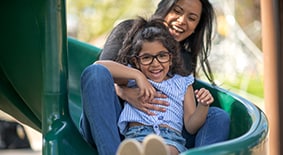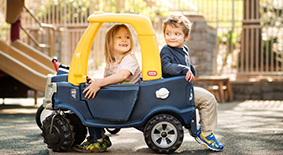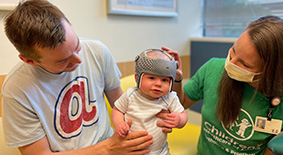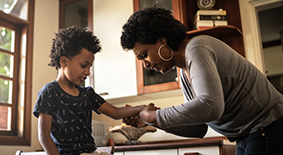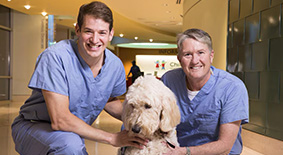Why Kids’ Bones Are Different From Adults’ Bones
Learn the ways a growing child’s bones are different from yours and why they require special care to heal properly.
7 Ways Kids’ Bones Are Different
“When it comes to treating fractures in children, it’s important to remember kids are not just small adults. Kid bones differ from adult bones in significant ways, which affects the type of care they need to heal properly,” says Jill C. Flanagan, MD, a Pediatric Orthopedic Surgeon at Children’s Healthcare of Atlanta. The orthopedic and radiology teams at Children’s are made up of medical providers who specialize in recognizing and treating broken bones in growing kids and teens.
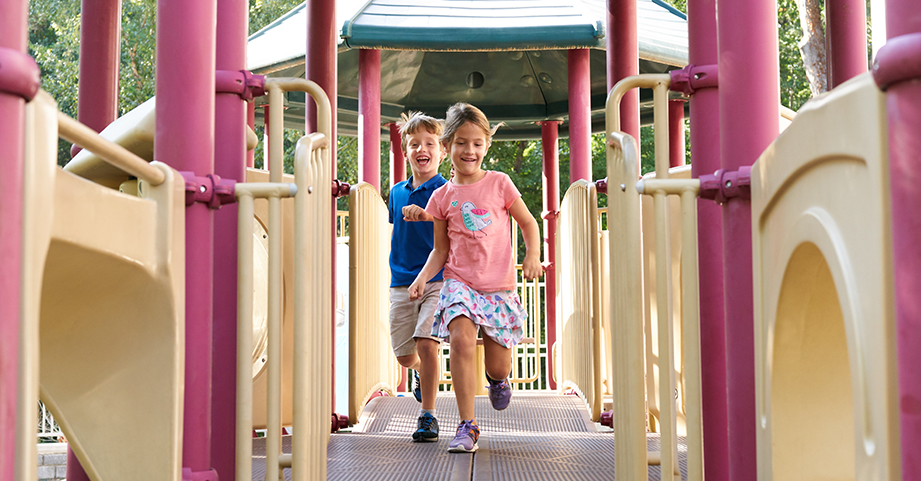
Here are some ways kid and teen bones are different from adult bones and reasons why seeing a pediatric orthopedic specialist matters:
- Babies have more bones than adults.
- Children’s bones are continuously growing.
- Kids’ bones are more flexible than adults’ bones.
- Children heal faster than adults and can remodel or reshape their bones.
- Children are often more active than adults.
- Children’s bones are smaller than adults’ bones.
How Do Kids’ Bones Change Over Time?
When babies are first born, some of their “bones” are actually made up of a flexible cartilage (a firm tissue softer than bone). As the child grows, some of the cartilage hardens and turns to bone, and some bones fuse together.
Your child’s bones won’t stop growing until her late teens or early 20s. This is both an advantage and a disadvantage. As a child’s bone grows, it is likely to remodel and realign itself. This means if a broken bone is crooked, it can straighten itself out over time. On the other hand, if a break occurs in the growth region at the end of a bone, also called the growth plate, or physis, it may affect normal growth and cause significant deformity of the limb. A pediatric orthopedic specialist is trained to recognize and care for these types of injuries.
Why Do Kids’ Bones Need to Be Treated Differently?
An adult’s bones are harder, more brittle and more likely to break than bend. A child’s bones are more flexible because their chemical composition is different from that of adult bones. This means a kid’s bone might bend or “bow” instead of breaking. Bent bones can actually be harder to treat than broken bones, but pediatric orthopedic specialists are trained to treat this type of bone injury, too.
Pediatric orthopedic specialists can often treat kids’ fractures with a cast and avoid surgery. Because kids’ bones heal more rapidly and many of the orthopedic devices and braces used to treat broken bones don’t fit kids very well, the pediatric orthopedic specialists at Children’s use techniques and devices designed for growing bones. This often means less time in a cast or splint and fewer surgeries than for an adult.
After your child breaks a bone, her emotional care can be just as important as the physical care she receives. A pediatric orthopedic specialist understands the whole kid—like how scary it can be to put on or remove a cast or how sad it can feel to not be able to play a favorite sport for a short time—and can help your child feel at ease as her broken bone heals.
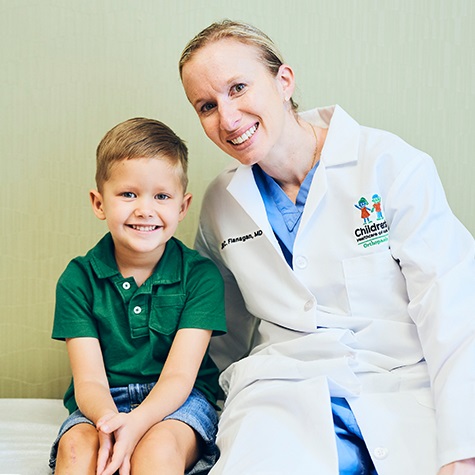
When it comes to growing bones, where you take your child matters.
If you think your child has a broken bone or fracture, find a pediatric orthopedic specialist or click the link below to schedule an appointment.
schedule nowJill C. Flanagan, MD, is an Orthopedic Surgeon at Children’s Healthcare of Atlanta. She is trained in advanced techniques and technologies, such as using the Taylor Spatial Frame, TL-Hex frame and Precice nail. Her expertise in limb lengthening has led to invitations from the Baltimore Limb Deformity Course to teach others how to perform limb lengthening surgeries for complex disorders of the hip, knee, shoulder and elbow as well as all sports-related injuries.
This content is general information and is not specific medical advice. Always consult with a doctor or healthcare provider if you have any questions or concerns about the health of a child. In case of an urgent concern or emergency, call 911 or go to the nearest emergency department right away. Some physicians and affiliated healthcare professionals on the Children’s Healthcare of Atlanta team are independent providers and are not our employees.
Contact Us 404-785-7553
